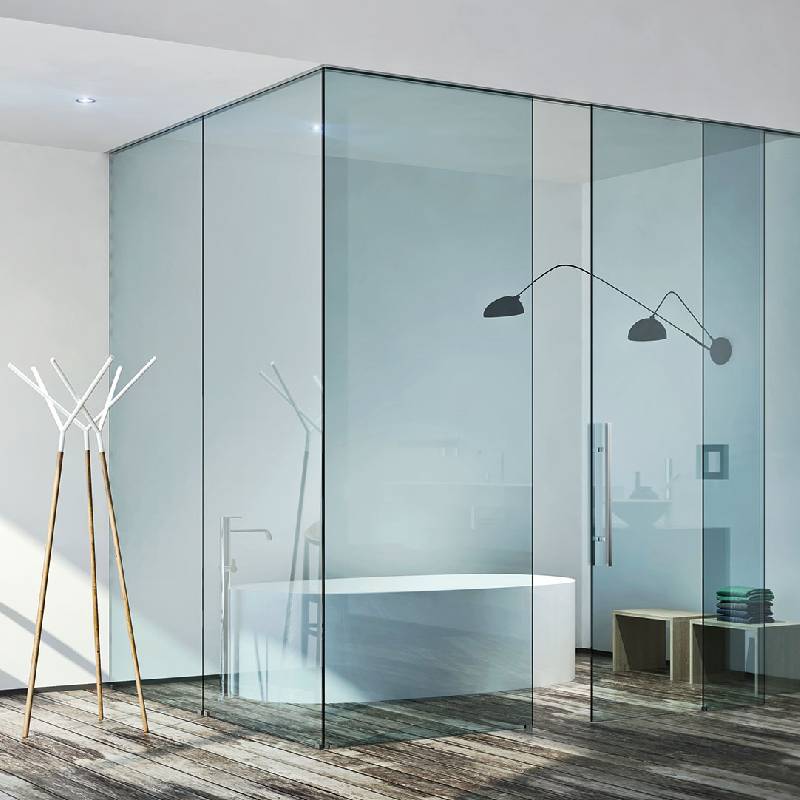In the world of architectural design and construction, the choice of materials plays a crucial role in determining both aesthetics and functionality. One such material, 12mm float glass, has emerged as a leading choice for various applications due to its unique properties and versatile usage. This article delves into the characteristics that make 12mm float glass a preferred option, providing an in-depth exploration of its benefits, applications, and considerations based on firsthand experiences and industry expertise.

12mm float glass is renowned for its impeccable clarity and smooth surface, offering unparalleled visibility while maintaining structural integrity. Its production involves a sophisticated process where molten glass flows over a molten tin bed, resulting in a flat, uniform surface. This process not only enhances its optical quality but also strengthens the glass, making it a suitable choice for applications requiring both transparency and durability.
One of the primary benefits of 12mm float glass is its robustness. Its thickness ensures exceptional strength, making it resistant to breaks and cracks. This attribute is particularly beneficial in high-traffic or high-impact areas such as storefronts, industrial settings, and office partitions. Architects and builders favor this glass for its ability to withstand environmental stressors while contributing to the aesthetic appeal of a building.

From a professional perspective, the adaptability of 12mm float glass is noteworthy. Its ability to be cut, drilled, and treated with various coatings expands its application across different sectors. For instance, when laminated, it acts as a security glass, offering enhanced safety features by holding together when shattered. Additionally, it can be treated with heat-reflective coatings to improve energy efficiency in buildings, reflecting heat away during summer months and retaining warmth during winter.
12mm float glass
Authoritative testimonials from the construction and design sectors affirm the trustworthiness of 12mm float glass as a reliable material choice. Leading industry professionals consistently praise its balance of strength and optical quality. Real-world projects have demonstrated that this type of glass significantly enhances natural light penetration while ensuring a degree of sound insulation, contributing to both economic and environmental advantages in sustainable building design.
Such successes are echoed in the automotive industry where 12mm float glass is utilized for windshields and windows, providing a combination of visibility, security, and comfort. The glass's weight and thickness contribute to reduced noise inside vehicles, offering a quieter and more pleasant travel experience. This application further cements its reputation as a multifaceted material that meets rigorous industry standards.
Despite its many benefits, some considerations are necessary when selecting 12mm float glass.
One potential drawback is its heavier weight compared to thinner glass options. This added weight might necessitate additional support in certain installations, potentially increasing the overall structural costs. However, the enhanced durability often justifies the initial investment, promising long-term performance and reducing maintenance needs.
In conclusion, 12mm float glass exemplifies a harmonious blend of experience, expertise, authority, and trustworthiness, making it a standout choice across multiple industries. Its superior optical clarity, combined with its structural resilience, broadens its applicability and appeal. By choosing 12mm float glass, architects and designers can achieve both aesthetic and functional goals, ensuring that spaces are not only visually striking but also safe and energy-efficient.



